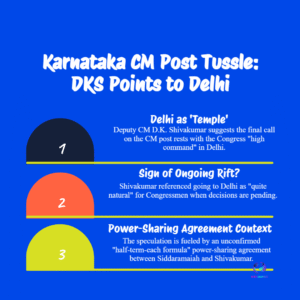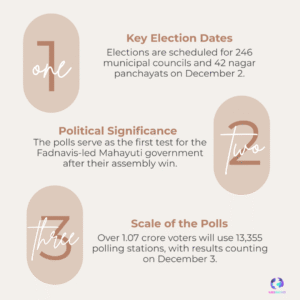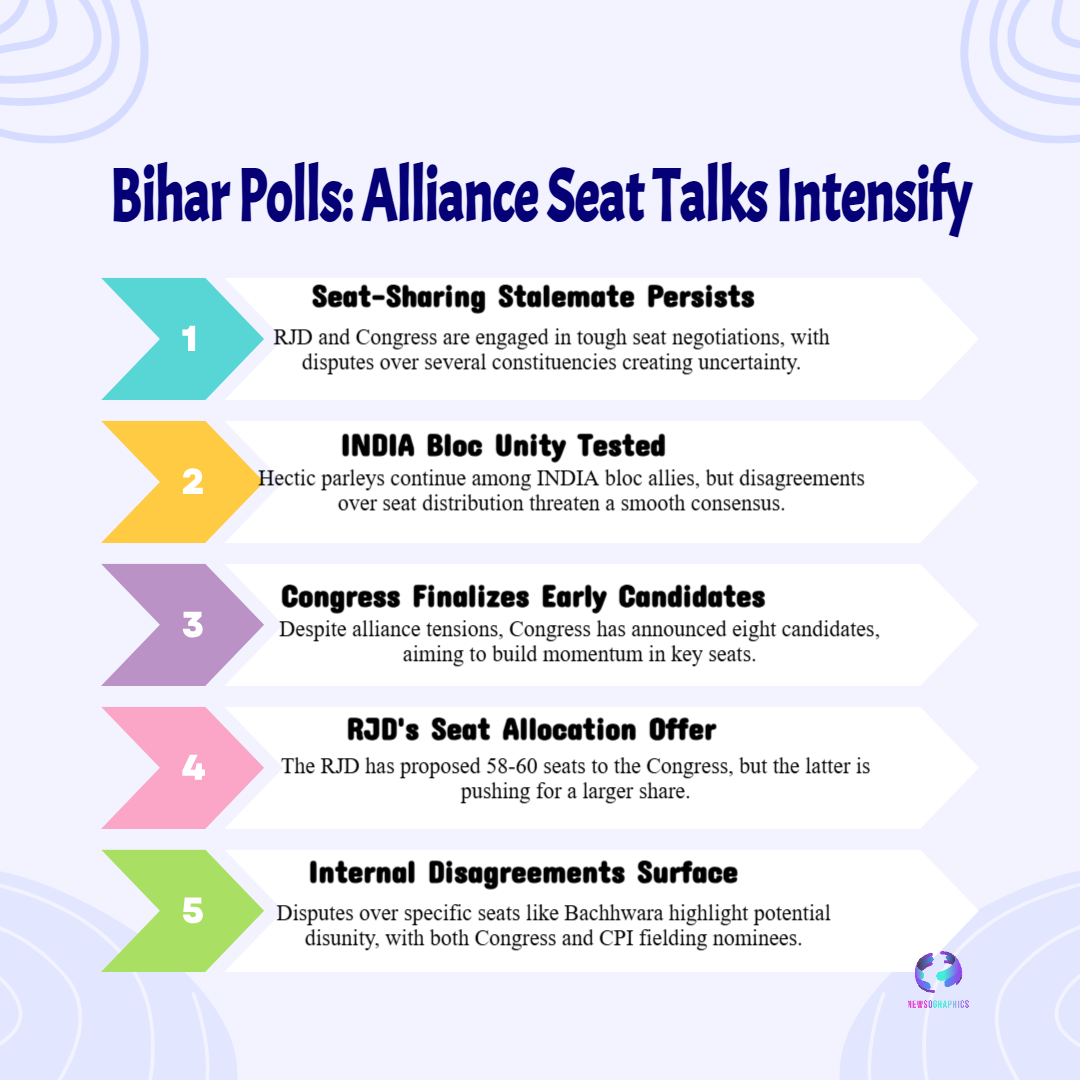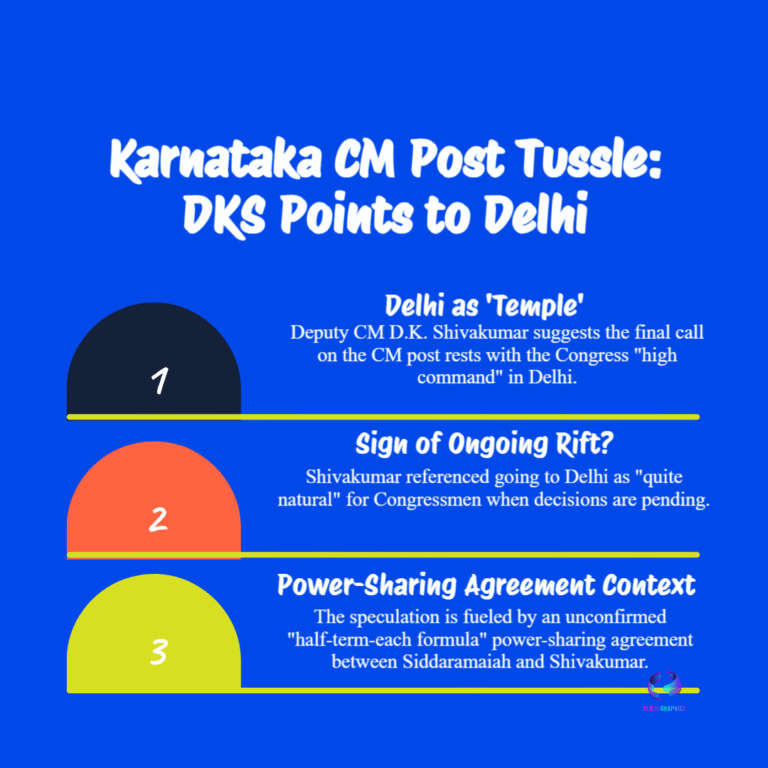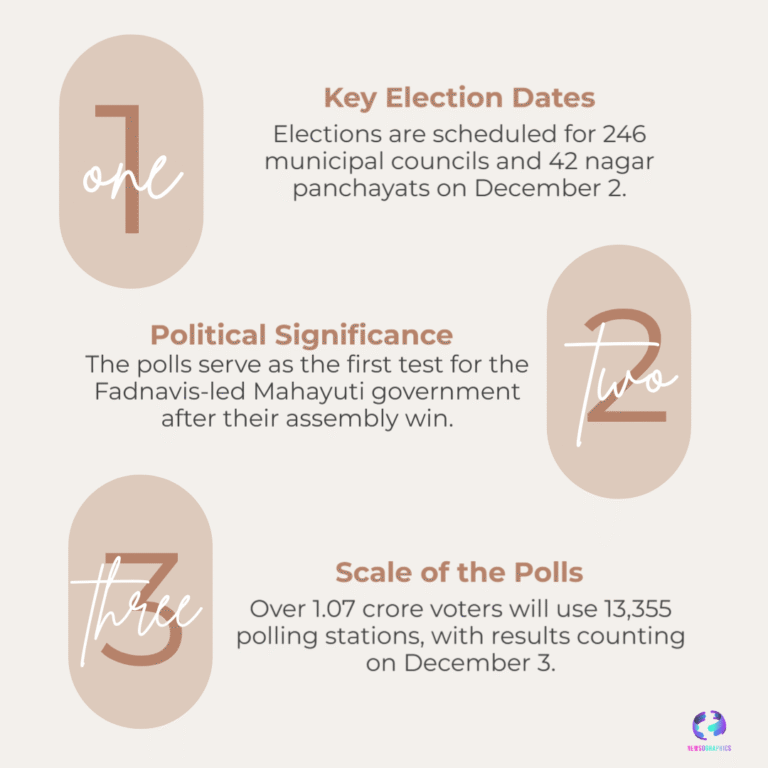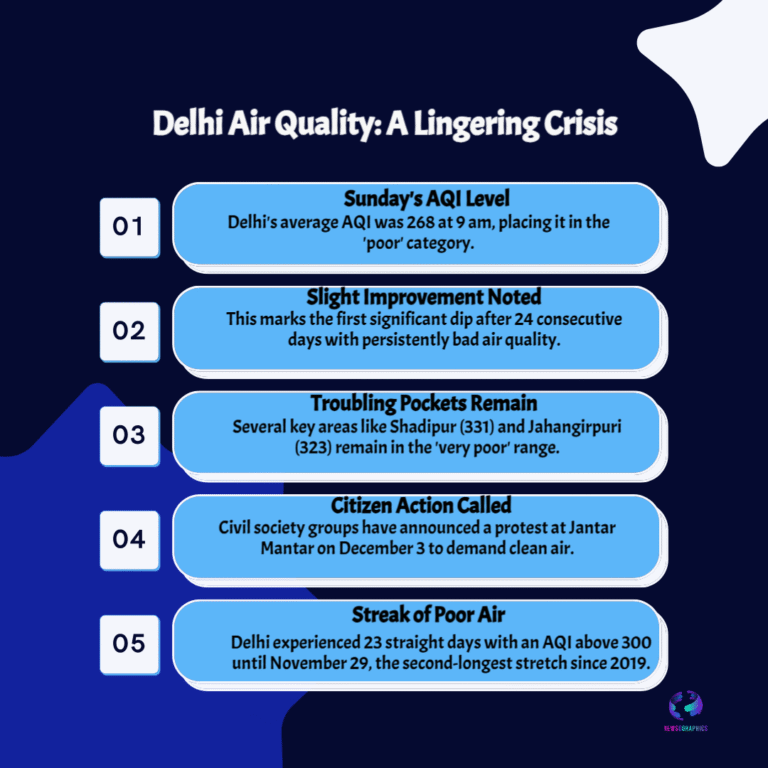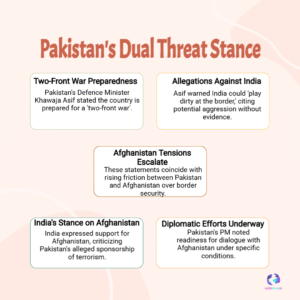Seat-sharing talks within the Mahagathbandhan and INDIA bloc remain deadlocked in Patna as parties dispute allocations for key Bihar constituencies.
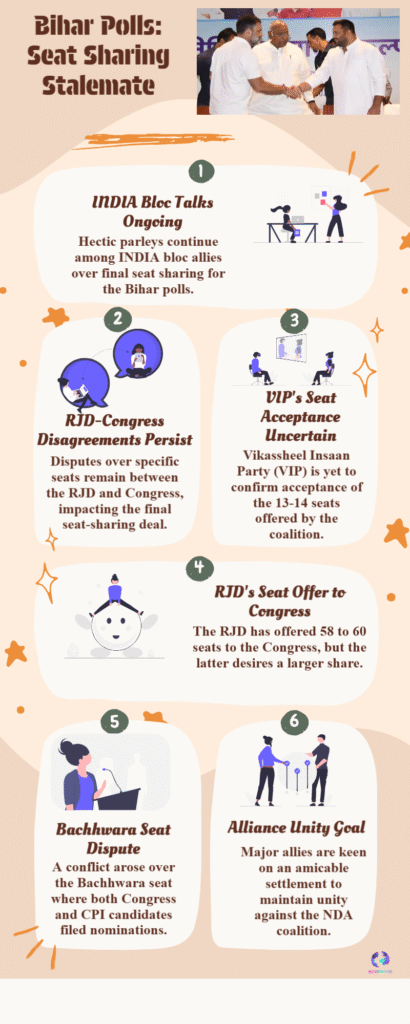
The Mahagathbandhan and the broader INDIA bloc remain entangled in tense seat-sharing talks ahead of the Bihar assembly elections. Negotiations in Patna have stalled over several high-value constituencies as constituent parties haggle over winnability, caste arithmetic and local leadership claims. Senior leaders traded proposals based on past vote-share, demographic mapping and polling data, but disagreements persist on which partners should contest marginal seats.
Smaller regional allies are pushing for a larger footprint, while national parties insist on formula-based allocations tied to electoral performance. Party strategists warn that delays in seat distribution compress the campaign calendar, complicate candidate selection and risk voter confusion that could advantage opponents. Sources close to the talks said central leadership intervention may be needed to broker an honourable compromise and preserve alliance cohesion.
Analysts say the impasse underscores deeper tensions: competing local ambitions versus the strategic necessity of a unified anti-incumbent front. The immediate fallout includes intensified grassroots lobbying, increased media scrutiny and a jump in pre-election defections in some districts. Civic groups and neutral observers urged transparent negotiations and early public messaging to reassure voters and prevent last-minute realignments. For voters, the deadlock raises questions about whether governance priorities or electoral arithmetic will dominate party calculations.
The outcome in Bihar will have wider national implications, shaping opposition strategy ahead of parliamentary contests and influencing narratives about coalition viability. Key watchpoints are seat-sharing formulas, caste coalition dynamics, candidate winnability, and the timing of formal announcements. Observers recommend expedited talks, equitable allocations and clear communication to present a cohesive electoral alternative. Continued coverage should monitor official communiqués, local seat-wise data, opinion polls and statements from central leaders to track whether the talks end in compromise or fragmentation. Timely resolution is essential to maximize seat conversion and prevent fragmentation that could hand advantage to political rivals nationally. Urgently.

